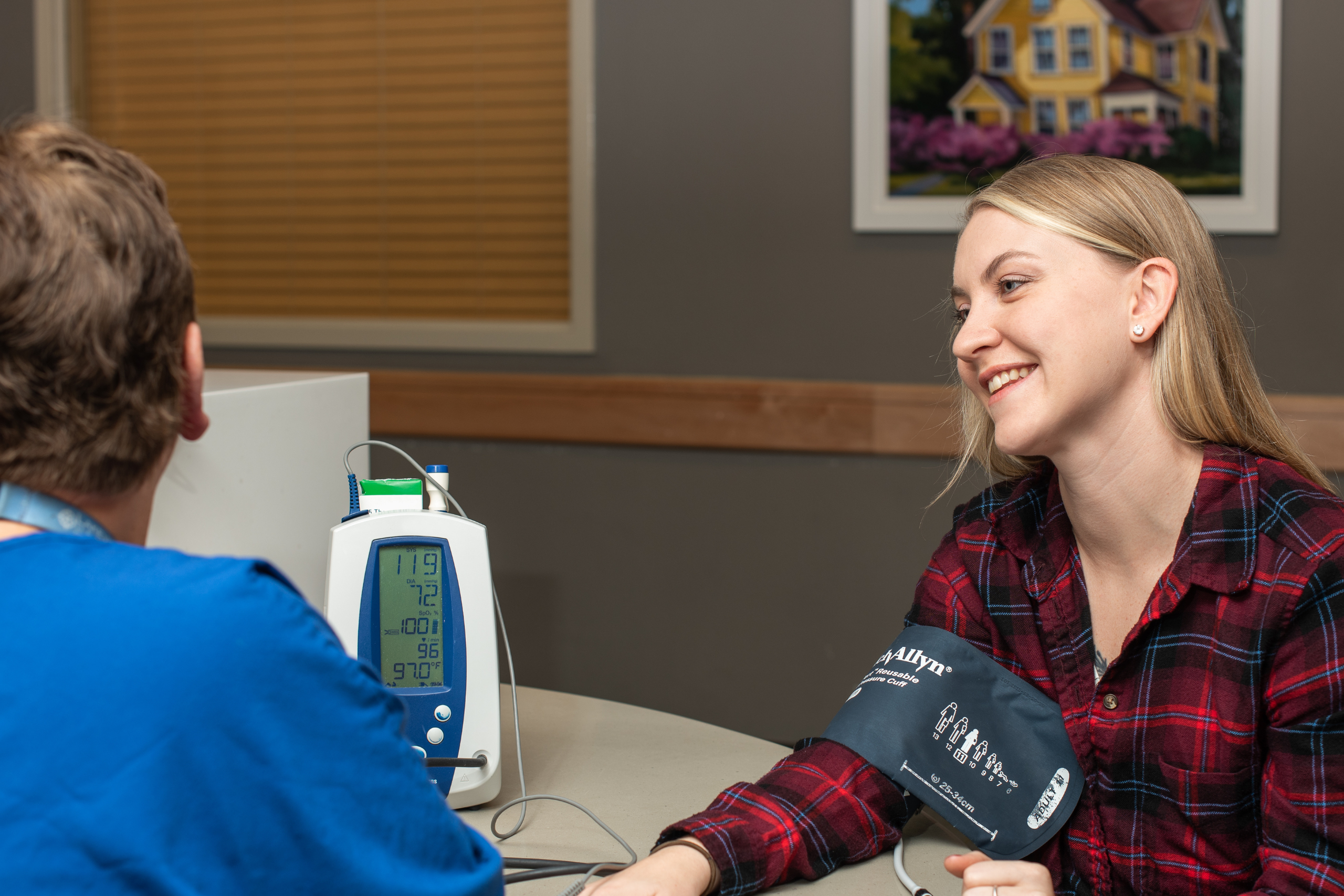Gender-responsive treatment is an approach to eating disorder treatment that recognizes and addresses the unique needs and experiences of individuals based on their gender identity or expression. It is estimated that about 20 million women (about the population of New York) and 10 million men will have an eating disorder during their lifetime. Tailoring treatment interventions promotes trust and fosters a sense of community, leading to more effective and inclusive care.
Understanding Gender-Responsive Treatment
Research shows that women and men often experience eating disorders differently and therefore require different types of treatment. For example, women are more likely to experience body dissatisfaction and to place a higher value on being thin. Men, on the other hand, may be more likely to place an extreme focus on building muscle and enhancing physical fitness.
Gender-responsive treatment recognizes these differences and tailors the approach accordingly. This type of treatment can help individuals feel understood and supported throughout the recovery process.
By focusing on the unique experiences of each gender, gender-responsive treatment can help individuals build a stronger sense of self-awareness, develop healthier coping skills, and learn to appreciate their bodies in a positive way.
Benefits of Gender-Responsive Treatment
There are numerous benefits associated with gender-responsive eating disorder treatment. These include: A safe and comfortable environment:
- With gender-responsive treatment, residents have the opportunity to engage with individuals who have shared experiences. This allows for a greater sense of safety and comfort, which in turn facilitates a more open and honest dialogue. It also creates a safe and inclusive environment where individuals can connect with others who share similar gender-specific experiences. Group therapy or support groups specifically designed for individuals of the same gender can provide a sense of belonging, validation, and support.
- Improved outcomes: Research shows that individuals who participate in gender-responsive eating disorder treatment experience better outcomes compared to those who receive traditional treatment.
- Tailored treatment plans: Gender-responsive treatment acknowledges the unique needs and experiences of individuals, resulting in more individualized and effective treatment plans.
- Greater support and understanding: Individuals in gender-responsive treatment programs have the opportunity to engage with therapists and peers who understand the complexities of gender and how it intersects with eating disorders.
- Addressing Co-occurring Mental Health Concerns: Eating disorders frequently co-occur with other mental health conditions such as depression, anxiety, and trauma-related disorders. Gender-responsive treatment recognizes the intersection of gender and mental health and provides integrated care that addresses these co-occurring concerns. By addressing both the eating disorder and underlying mental health issues, it promotes comprehensive healing and improved mental well-being.
- Increased self-esteem: Many individuals with eating disorders struggle with low self-esteem and body image issues. Gender-responsive treatment can help individuals develop a more positive self-image and improve their confidence while diving into the unique perspectives that each gender has. Connecting with others who understand their struggles and can offer empathy and encouragement can enhance self-esteem.
Examples of Gender-Responsive Treatment Practices
Gender-responsive treatment for eating disorders is designed to address the unique experiences and challenges that individuals of different genders face when dealing with these complex conditions. Here are some examples of gender-responsive practices that may be used in the treatment of eating disorders:
- Group Therapy: In group therapy, individuals are given the opportunity to connect with others who share similar experiences. In gender-responsive treatment, group therapy sessions may be separated by gender, allowing individuals to share their experiences with those who have faced similar challenges and create a more supportive environment.
- Nutrition Education: Men and women often have different nutritional needs and dietary concerns. Gender-responsive treatment will take this into consideration and provide education that is tailored to meet the specific nutritional needs of individuals of different genders.
- Body Image Focus: While both men and women can struggle with body image issues, they may do so in different ways. In gender-responsive treatment, therapists will help individuals to identify their unique body image concerns and develop strategies to overcome them.
- Addressing Trauma: Women are more likely to experience trauma than men, which can contribute to the development of eating disorders. Gender-responsive treatment will focus on addressing the underlying causes of an individual’s eating disorder, including any trauma they may have experienced.
- Coping Mechanisms: Men and women may have different coping mechanisms that they use when dealing with stress and difficult emotions. In gender-responsive treatment, therapists will help individuals to identify healthy coping mechanisms that are specific to their gender and culture.
By providing treatment that is specifically tailored to the unique needs of individuals of different genders, gender-responsive eating disorder treatment can improve outcomes and help individuals achieve long-lasting recovery.
Overcoming Barriers and Challenges
While gender-responsive eating disorder treatment can provide significant benefits to individuals seeking recovery, there may be some potential downsides that should be considered. Some individuals may feel uncomfortable or excluded in a treatment program that is exclusively geared toward a particular gender identity. Transgender and nonbinary individuals may face unique challenges in a gender-specific program and may benefit more from a program that is inclusive and affirming of diverse gender identities.
It is important for treatment providers to be mindful of these potential risks and work to create a program that is welcoming and supportive for individuals of all gender identities. By promoting a culture of inclusivity and diversity, gender-responsive treatment can become a powerful tool in the fight against eating disorders.
If you or a loved one are struggling with an eating disorder Koru Spring in Jacksonville, Florida is ready to help you on your journey to recovery.




